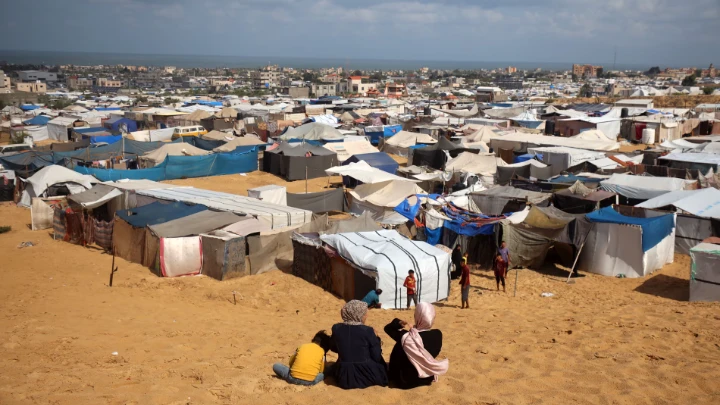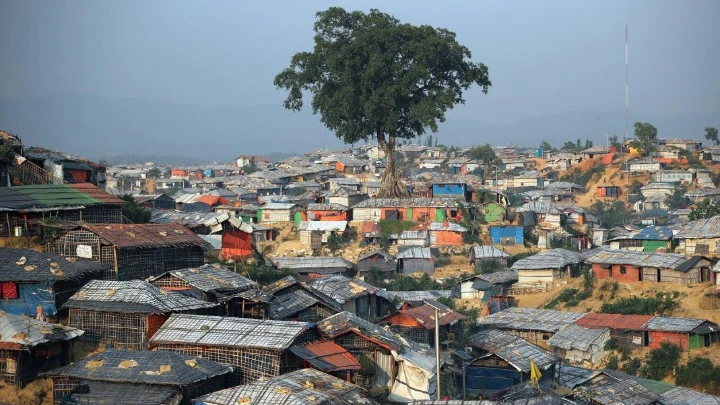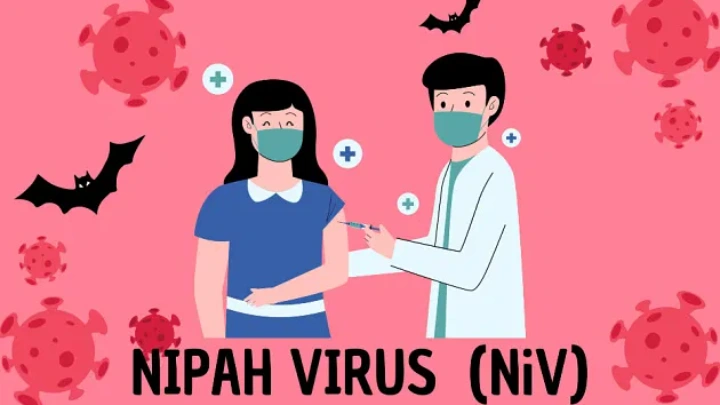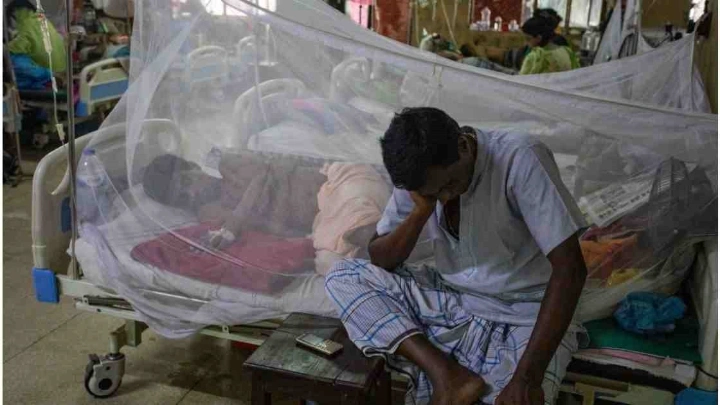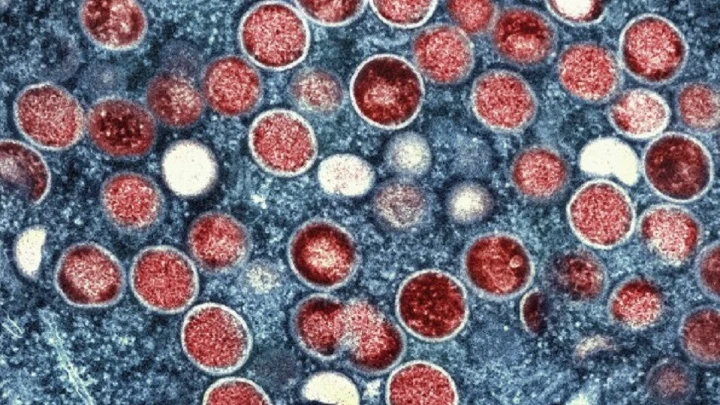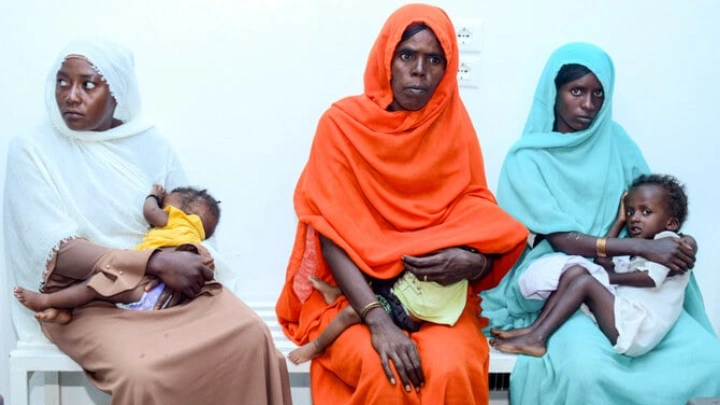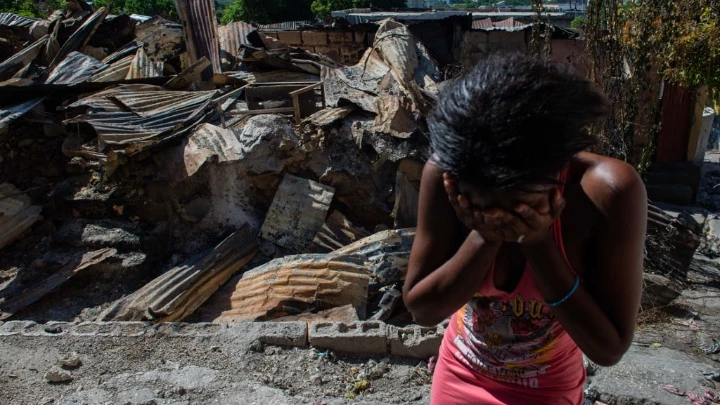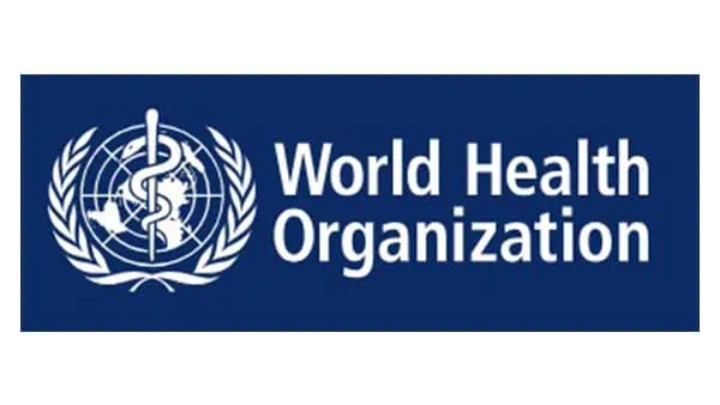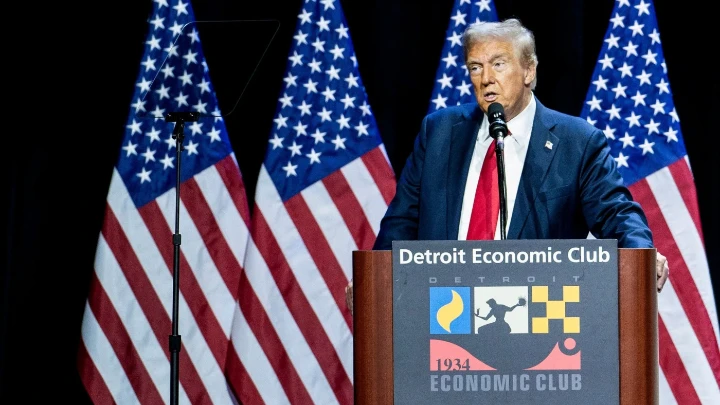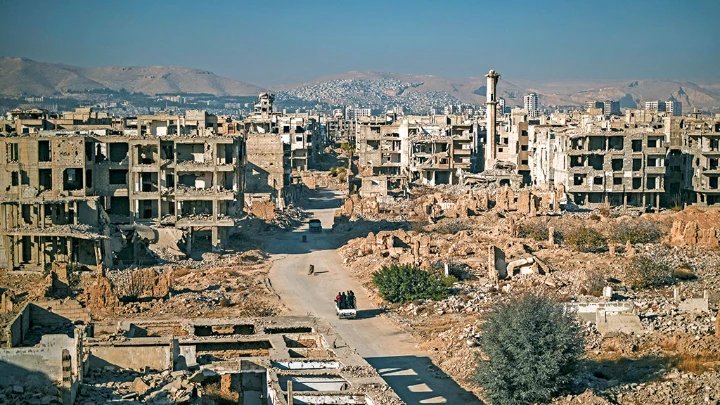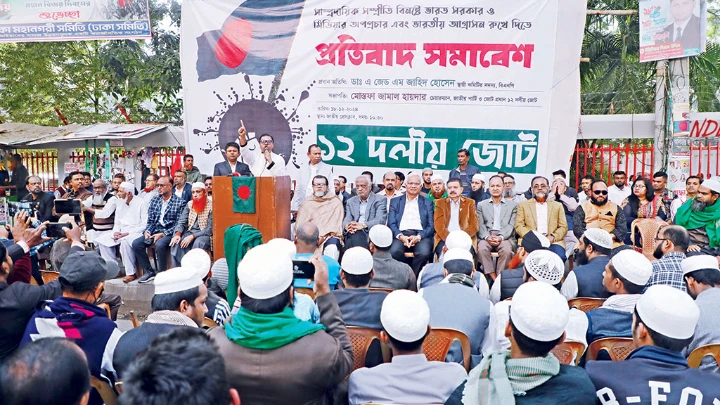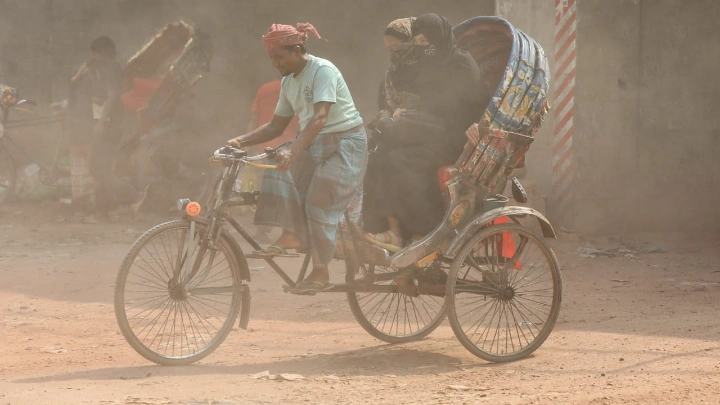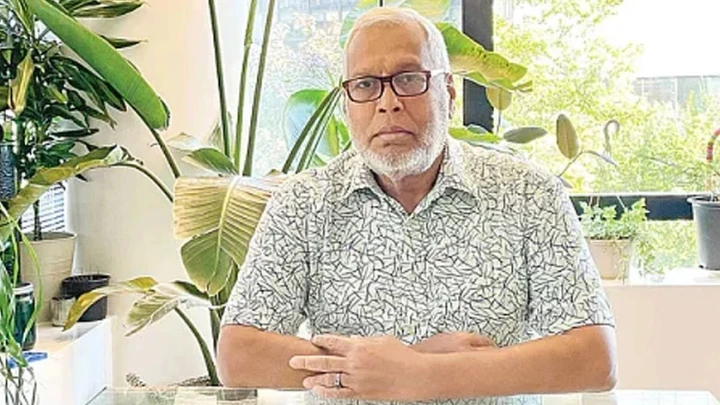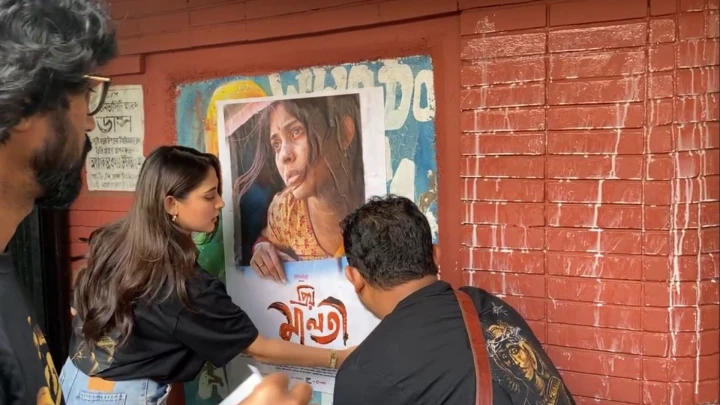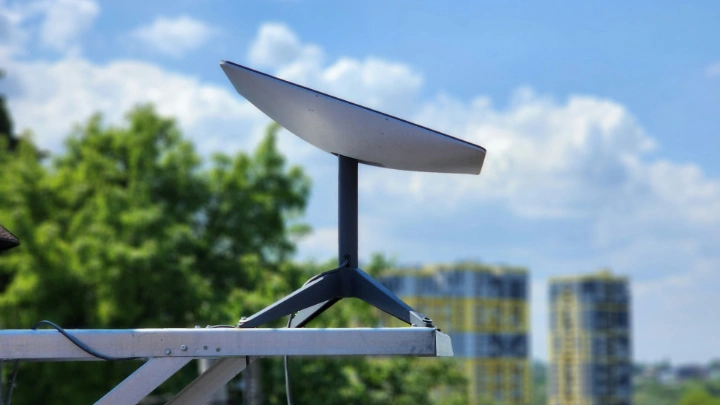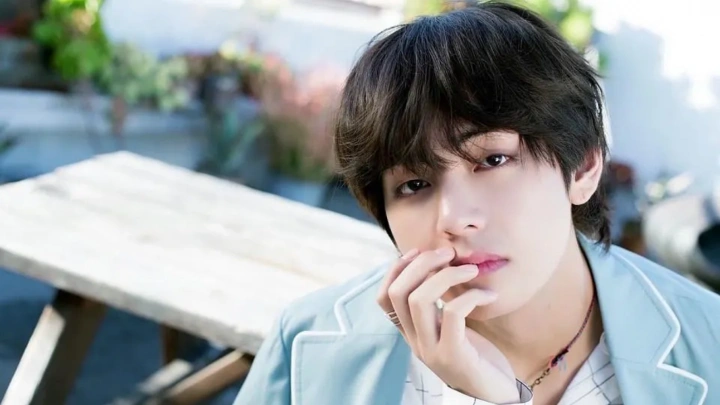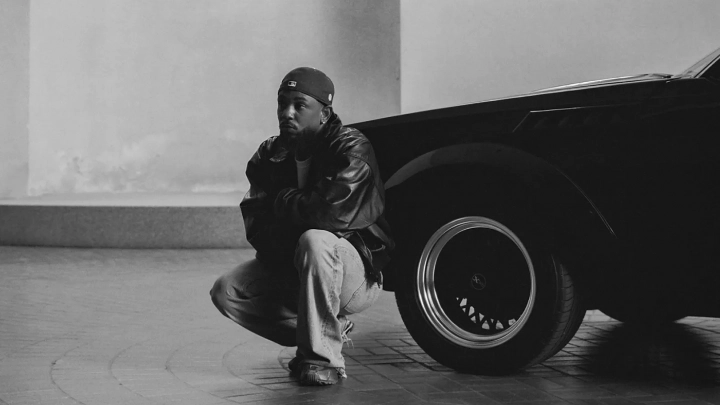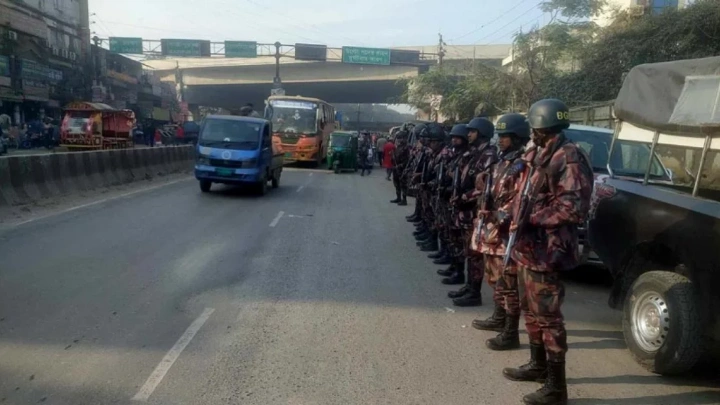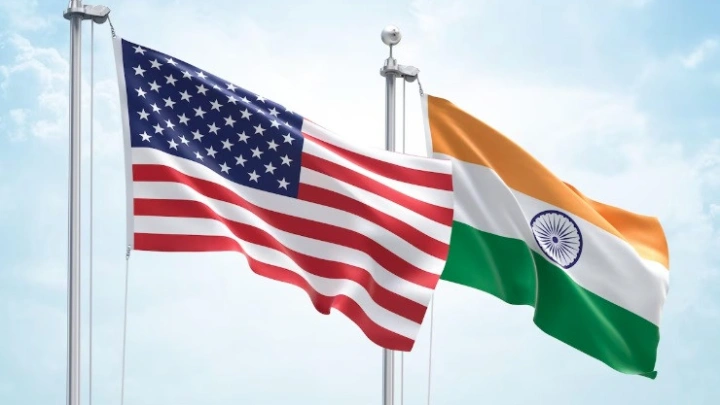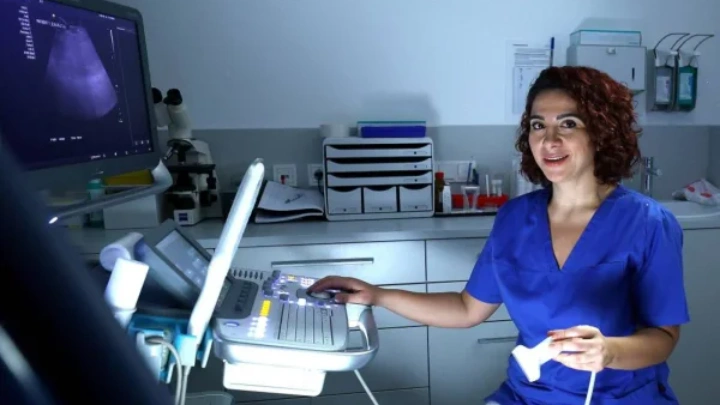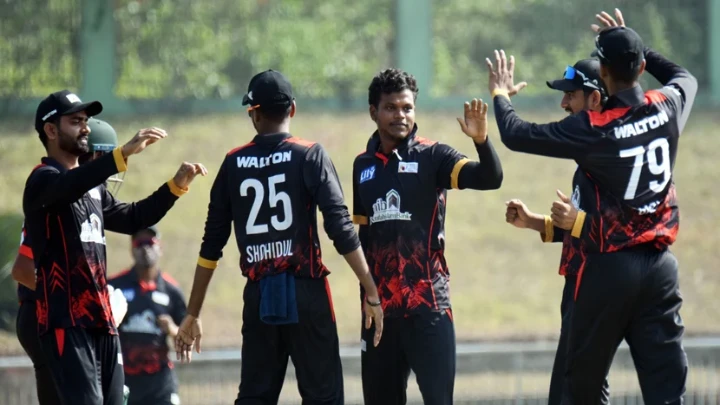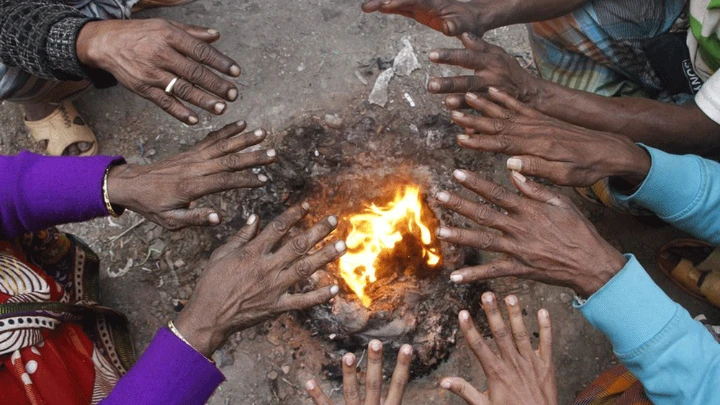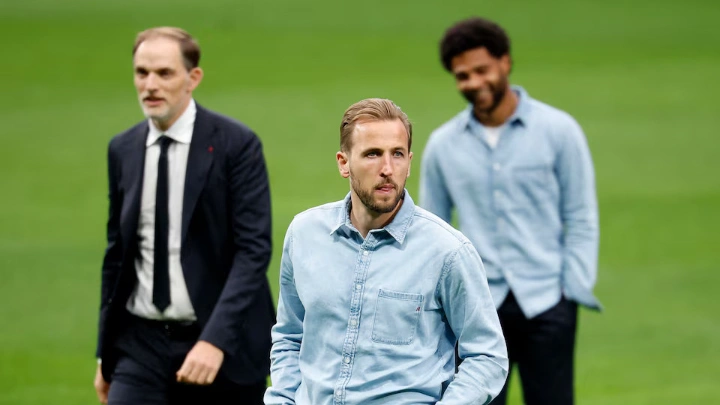Sally Stevenson, who is on assignment with MSF, tells of ‘appalling living conditions’, with no water or sewerage system and ‘loss of hope’
Australian health worker in Gaza says conditions ‘worse than you can imagine’ a year into war
TheGuardian || Shining BD
An Australian health worker who is helping to manage emergency care in Gaza is blunt when asked what her fellow Australians need to know about the situation in the besieged territory after a year of war.
“That it is worse than you can imagine,” Sally Stevenson tells Guardian Australia. “The destruction is everywhere, as far as the eye can see, it is in the air we breathe. There is no safe place in Gaza. For anyone, especially children.”
Stevenson, the executive director of the Illawarra Women’s Health Centre, arrived in Gaza three weeks ago on assignment with the medical charity Médecins Sans Frontières (MSF).
She is based in Gaza’s al-Mawasi region, which Israel has designated as a safe space. Stevenson describes the area as “the so-called humanitarian zone”.
Stevenson explains that more than 90% of Gaza’s population of 2.1 million have been displaced in the war, many of them multiple times, while 50% of MSF’s staff live in tents.
Because of these “relentless forced movements”, she says the humanitarian zone measuring 41 sq km is home to 1.2 million displaced people.
She says 30,000 people live in one square kilometre, “in the most rudimentary temporary shelters”.
These shelters are “made with whatever is available, some plastic sheeting, torn pieces of cloth, cardboard”.
“There is no water or sewerage system. There are no toilets,” Stevenson says.
“People just like you and me are now living in the dirt or sand, with no food or water security … no education for their children, and very limited access to medical care due to a decimated health system.”

As an emergency coordinator, Stevenson is responsible for supporting MSF’s medical and logistics teams and ensuring “we are reaching the most vulnerable patients with the highest needs”.
But she says the “unhygienic and appalling living conditions” are directly affecting people’s health, with MSF teams seeing an increase in diarrhoea and skin diseases.
“As winter approaches, we are seeing a distressing increase in upper respiratory tract infections, which we know will only get worse,” she says.
“More than 500,000 women of reproductive age lack access to essential services including antenatal care, postnatal care and family planning. Over 1 million children are now in need of mental health and psychosocial support and will probably carry the trauma of the war for many years.”
Monday marked the first anniversary of the Hamas-led attacks in southern Israel when about 1,200 people were killed and 251 others were taken hostage – about 100 of whom remain unaccounted for.
At least 41,909 Palestinians have been killed and 97,303 wounded in Gaza since Israel launched its military response to the 7 October attacks, the territory’s health authorities said on Monday, with thousands more likely lost in the rubble.
The Australian foreign affairs minister, Penny Wong, told the UN last month that the death toll in Gaza included more than 11,000 children, and that the territory was the deadliest place on Earth to be an aid worker.
Wong said on Monday the 7 October anniversary was a time “to remember the horror of Hamas’ terror attack” and that the loss of civilian life in the conflict was “devastating”. She added: “The need for peace has never been greater.”
The Israeli government states it is targeting Hamas, not Palestinian civilians, but that Hamas embeds itself among civilians and civilian infrastructure. Israel has also rejected allegations of genocide as “false and outrageous”.
Stevenson has found it heartbreaking to witness “the utter inhumanity of this war” but she also wishes to acknowledge “the humanity, compassion, generosity, professionalism and dignity of the Palestinian people”.

She says MSF opened two field hospitals in Deir al-Balah “as the health system in Gaza has been effectively dismantled by the Israeli forces after one year of war”.
“The hardest part is seeing the loss of hope – the destruction of homes, olive trees and memories, history and identity; the strikes killing children and erasing whole family lines.”
Stevenson is firm in her conviction that there must be an immediate and sustained ceasefire. “And Australians, if we are to be true to our own humanity, must do everything we can to make this happen.”
Shining BD

